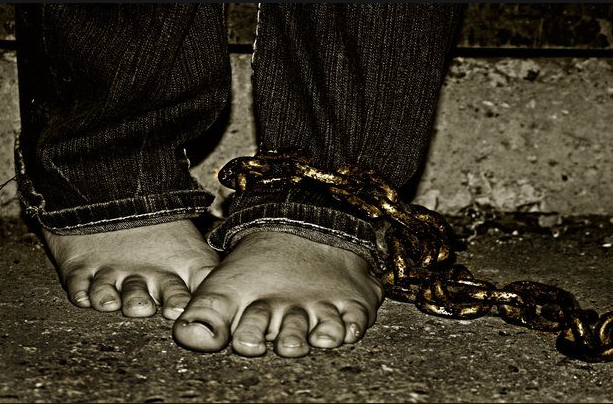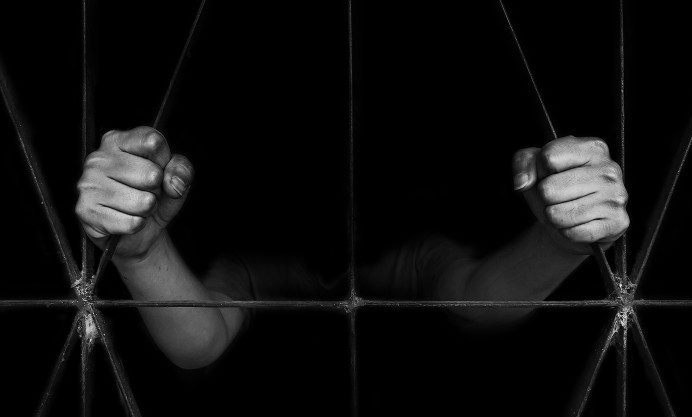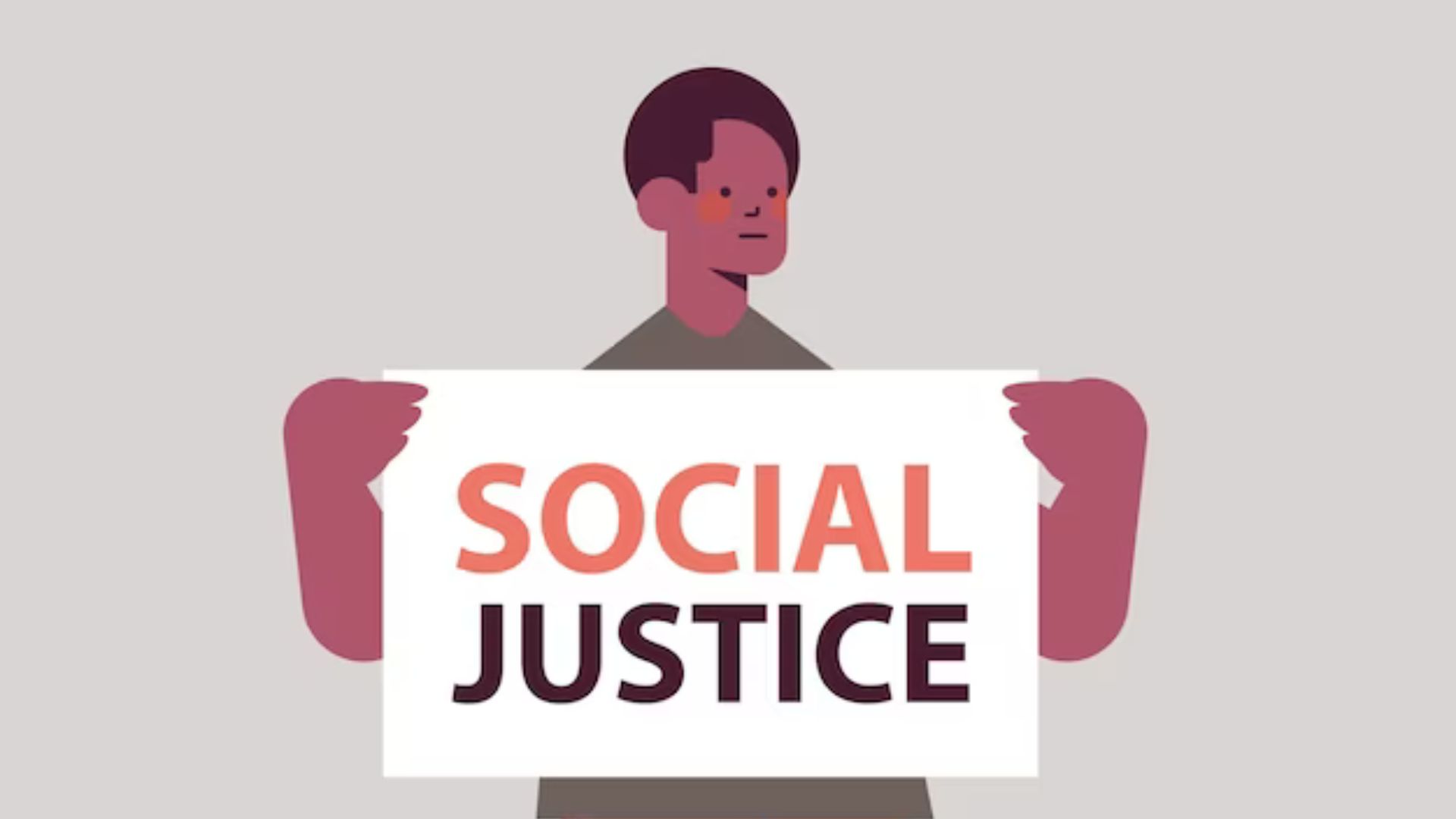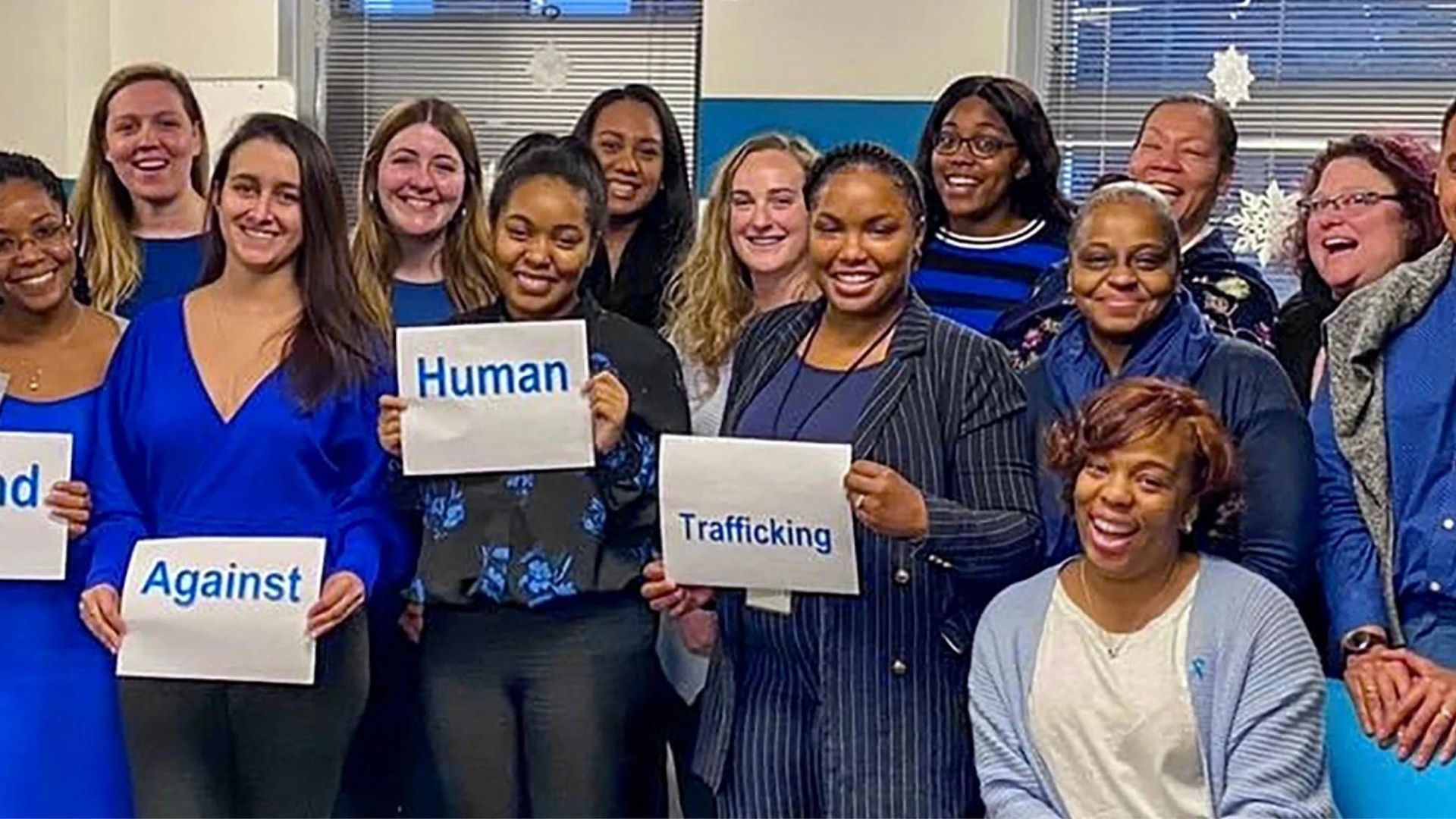Exploitation is a global business estimated to involve 40.3 million people in modern-day slavery, according to the International Labor Organization’s Global Estimates of Modern Slavery study. The largest groups of victims are women and children who are trafficked for sexual exploitation or labor exploitation, or forced into servitude. It is becoming increasingly important to identify industries in which trafficking tends to occur and stop them to protect vulnerable communities.

Human Trafficking Breaks Down Into Several Categories
Human trafficking can be broken down into three main categories: forced labor, sexual exploitation, and organ harvesting. Forced labor involves the exploitation of individuals through physical or psychological abuse, threats of violence or deportation, debt bondage, false promises of employment, and other forms of coercion. Sexual exploitation includes the trafficking of women and children for prostitution or other forms of sexual exploitation. Finally, organ harvesting is a form of human trafficking in which organs are removed from victims without their consent.
The Industries That Attract Exploitation
Several industries attract human traffickers. These include the hospitality industry, domestic work, agriculture, construction, manufacturing, and entertainment. In the hospitality industry, traffickers often target undocumented workers who are vulnerable to exploitation. Domestic work is often a target for traffickers due to the lack of labor protections for domestic workers.
The agriculture industry is particularly vulnerable to trafficking due to its reliance on undocumented workers and its remote locations, which make it difficult for law enforcement to detect and investigate cases of human trafficking. The construction, manufacturing, and entertainment industries have also been identified as potential targets for traffickers due to their demand for cheap labor and their lack of regulations.
Icing Out Sectors That Attract Exploitation
To protect vulnerable communities from exploitation by human traffickers, it is important to recognize and reject industries that attract them. Companies should conduct thorough background checks on potential employees and ensure there is no coercion of any kind. It is also important to provide safe housing and fair wages to employees. Additionally, governments should implement policies that protect vulnerable workers from exploitation. These policies should also see to it that the employers and violators of labor laws face justice.
It All Boils Down To Human Rights
Ultimately, it is important to remember that human trafficking is a violation of human rights. It needs to stop for the protection of vulnerable communities. Governments, companies, and individuals all have a responsibility to do their part in preventing and combating human trafficking. By raising awareness of the issue and taking steps to combat it, we can work together to create a world that stands up for all rights the same.
Recognizing Past Rates and Looking for Solutions
To effectively combat human trafficking, it is important to understand the rate of exploitation in the past. Governments should collect data on the number of cases and victims of human trafficking in their countries to identify areas that need attention and create targeted solutions. Additionally, governments should work with international organizations, civil society groups, and other stakeholders to develop comprehensive strategies to address the root causes of human trafficking. Finally, governments should provide adequate resources for law enforcement and victim services. They are to ensure that known perpetrators face proper judgment. They should also see that victims receive the support they need.
The Global Stance On Exploitation
The United Nations has taken a firm stance against human trafficking and has adopted several initiatives to combat it. These include the Protocol to Prevent, Suppress and Punish Trafficking in Persons, Especially Women and Children (the Palermo Protocol) and the Global Plan of Action to Combat Trafficking in Persons. Additionally, the UN has created a range of programs aimed at protecting vulnerable populations from exploitation. They assist victims and support law enforcement efforts. The international community aims to end trafficking globally.
Securing A Better Future
Exploitation is a global issue that we must account for to protect vulnerable communities. Governments, companies, and individuals all play a part in combating this heinous crime. More than often, we must take a stand and ensure that there is respect for human rights. Not only that but for justice against traffickers. By working together, we can create a better future for everyone. Local and international efforts must combine to create a safer world for everyone.
The Bottom Line
Exploitation seemingly affects more and more of our world. To protect vulnerable communities, governments, companies, and individuals must take steps to combat this heinous crime. No matter one’s age, gender, or nationality, everyone should be aware of the steps they can take to help end human trafficking. Through education, awareness-raising, and collaboration we can work together to create a world where there is respect and protection of everyone’s rights.




